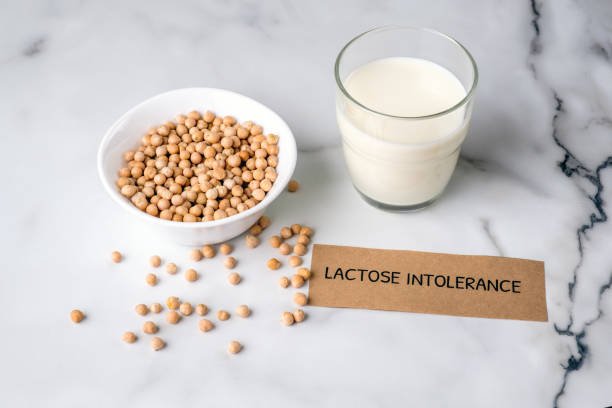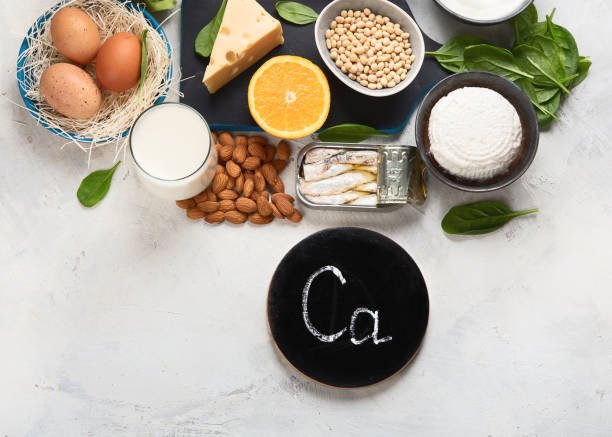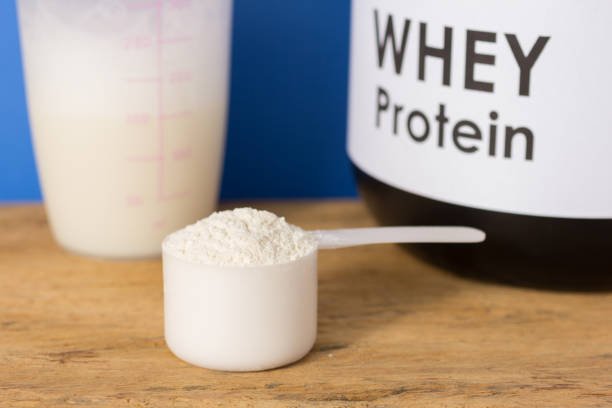Introduction
Whey protein is a popular dietary supplement known for promoting muscle growth, aiding in weight loss, and supporting overall health. However, if you’re lactose intolerant or sensitive to dairy products, you might be concerned about whether they contain lactose and how they might affect you. In this article, we will dive deep into the relationship between them, exploring the different types of whey protein, their lactose content, and alternatives for those who are lactose intolerant.
What is whey protein?
Whey protein is derived from whey, the liquid part of milk that separates during cheese production. It is a complete protein, meaning it contains all nine essential amino acids that the body needs for various functions, including muscle repair and immune support. Due to its high-quality protein content, whey protein is widely used by athletes, bodybuilders, and individuals looking to improve their overall health.
Understanding Lactose Intolerance
Before we delve into the lactose content of whey protein, it’s important to understand what lactose intolerance is. Lactose is a sugar that naturally occurs in milk and dairy products. People with lactose intolerance lack sufficient levels of lactase, the enzyme needed to digest lactose. As a result, consuming lactose can lead to digestive issues such as bloating, gas, diarrhea, and abdominal pain.

Types of Whey Protein
They come in different forms, each with varying levels of lactose. Understanding these types can help you choose the right one based on your lactose tolerance.
1. Whey Protein Concentrate (WPC)
Its concentrate is the least processed form of whey protein and contains the highest amount of lactose. The protein content in WPC ranges from 70% to 80%, with the remaining portion being made up of lactose, fats, and minerals. For those who are mildly lactose intolerant, WPC might still be tolerable in small amounts, but it’s important to note that it contains more lactose than other forms of it.
2. Whey Protein Isolate (WPI)
Whey Protein Isolate is a more processed form of whey protein, with a protein content of 90% or higher. During the production process, most of the lactose is removed, making it a better option for those who are lactose intolerant. WPI contains significantly less lactose than WPC, often less than 1 gram per serving, which is generally well-tolerated by those with lactose sensitivity.
3. Whey Protein Hydrolysate (WPH)
Whey protein hydrolysate is the most processed form of whey protein, where the protein is partially broken down into smaller peptides for easier digestion. While WPH is not necessarily lower in lactose than WPI, it is often easier on the stomach due to its pre-digested form. However, the lactose content in WPH is still minimal, similar to WPI.
Lactose Content in Whey Protein
The lactose content varies depending on the type you choose. Here’s a quick overview:
- Concentrate: Has the highest lactose, usually around 3–4 grams per serving.
- Isolate: Contains very little lactose, typically less than 1 gram per serving.
- Hydrolysate also contains minimal lactose, similar to the isolate.
For individuals who are severely lactose intolerant, even the small amount of lactose in WPI or WPH may cause discomfort. In these situations, it’s important to consider alternative protein sources.

Alternatives to Whey Protein for Lactose-Intolerant Individuals
If you’re lactose intolerant and looking for a protein supplement that won’t cause digestive issues, there are several alternatives to whey protein that are completely lactose-free.
1. Plant-Based Protein Powders
Plant-based protein powders, such as those made from peas, rice, hemp, or soy, are excellent alternatives to whey protein. These powders are naturally free of lactose and provide a complete protein profile, making them suitable for muscle growth and recovery.
2. Egg White Protein
Egg white protein is another lactose-free option that is rich in essential amino acids. It is easily digestible and can be a great choice for those with lactose intolerance.
3. Collagen Protein
Collagen protein is derived from animal connective tissues and is naturally lactose-free. While it’s not a complete protein, as it lacks some essential amino acids, it can be an excellent supplement for joint health and skin elasticity.
4. Beef Protein Isolate
Beef protein isolate is a high-quality, lactose-free protein source derived from beef. It provides all the essential amino acids and is easily digestible, making it a suitable option for those who cannot tolerate dairy-based proteins.

Benefits of Lactose-Free Protein Powders
Choosing a lactose-free protein powder offers several benefits, especially for those with lactose intolerance or dairy sensitivity.
1. Improved Digestive Comfort
Lactose-free protein powders eliminate the risk of digestive discomfort, such as bloating, gas, and diarrhea, often associated with lactose consumption. This allows you to focus on your fitness goals without worrying about gastrointestinal issues.
2. Suitable for Various Diets
Lactose-free protein powders are often suitable for various dietary preferences and restrictions, including vegan, vegetarian, paleo, and keto diets. This makes them a versatile choice for individuals with specific dietary needs.
3. Rich in Essential Nutrients
Many lactose-free protein powders are rich in essential nutrients, including vitamins, minerals, and antioxidants. These nutrients support overall health, muscle recovery, and immune function, making lactose-free protein powders a valuable addition to your diet.
4. No Dairy Allergens
For individuals with dairy allergies, lactose-free protein powders provide a safe alternative that won’t trigger allergic reactions. This is particularly important for those with severe dairy allergies who must avoid all traces of dairy products.

How to Choose the Right Protein Powder
When selecting a protein powder, it’s essential to consider your individual dietary needs, fitness goals, and any food sensitivities. Here are some tips to help you choose the right protein powder:
1. Check the Ingredients
Always check the ingredient list to ensure the protein powder is free of lactose and other potential allergens. Look for products labeled as “lactose-free” or “dairy-free.”
2. Consider Your Dietary Preferences
Select a protein powder that matches your dietary preferences. For example, if you’re following a vegan diet, opt for plant-based protein powders. If you’re on a paleo or keto diet, consider collagen or beef protein isolates.
3. Evaluate Protein Content
Ensure the protein powder provides an adequate amount of protein per serving to support your fitness goals. Look for a product that provides at least 20 grams of protein per serving.
4. Test for Digestibility
If you’re trying a new protein powder, start with a small serving to assess how well your body tolerates it. This is particularly important if you have a sensitive stomach or a history of food intolerances.
5. Read Reviews and Recommendations
Reading reviews and seeking recommendations from trusted sources can help you find a high-quality protein powder that meets your needs. Pay attention to feedback on taste, mixability, and overall effectiveness.
Conclusion
It is an excellent source of high-quality protein, but its lactose content can be a concern for those with lactose intolerance. Its concentrate contains the most sugar, while whey protein isolate and whey protein hydrolysate offer lower levels of lactose, making them more suitable for those with sugar sensitivity. However, if you are severely lactose intolerant or prefer to avoid dairy altogether, there are plenty of lactose-free protein alternatives, such as plant-based, egg white, collagen, and beef protein powders.
4o


Telif hakkı ihlali ve DMCA Google SEO sayesinde müşteri tabanımızı genişlettik. https://www.royalelektrik.com/sile-elektrikci/
BaddieHub naturally like your web site however you need to take a look at the spelling on several of your posts. A number of them are rife with spelling problems and I find it very bothersome to tell the truth on the other hand I will surely come again again.
allegheny county real estate very informative articles or reviews at this time.
Tech to Force There is definately a lot to find out about this subject. I like all the points you made